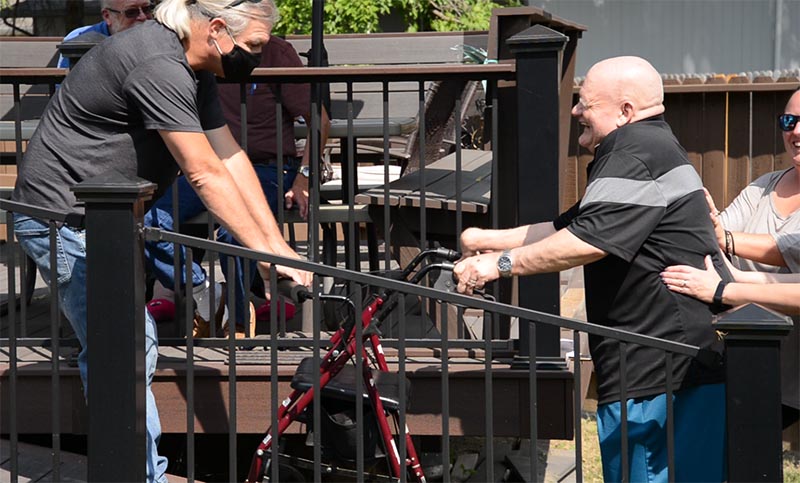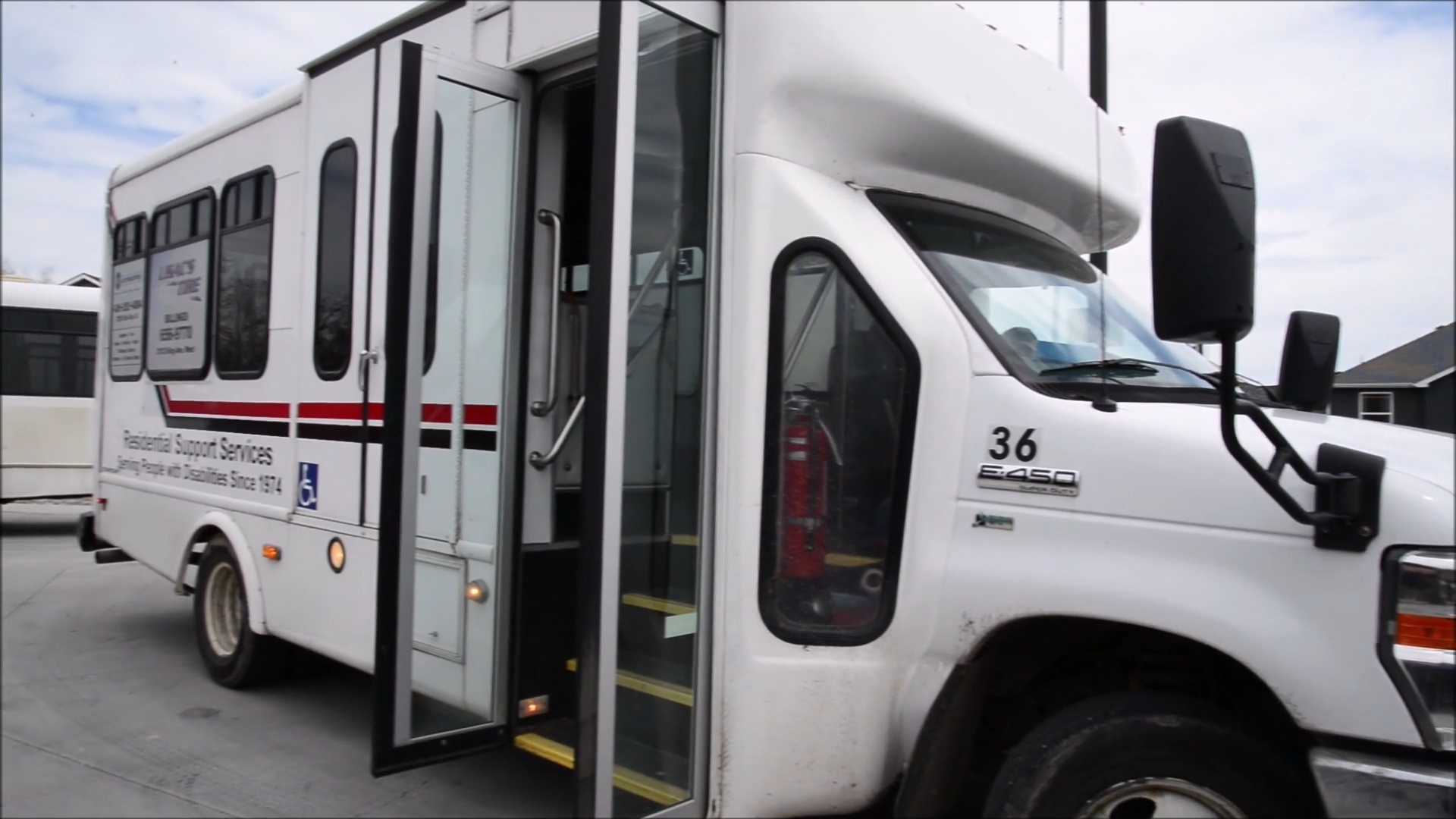Assistive technology has revolutionized the lives of individuals with developmental disabilities, enabling them to perform tasks that were once beyond reach and significantly enhancing their independence and quality of life. These advanced tools, ranging from communication devices to mobility aids and adaptive equipment, open a world of possibilities, breaking down barriers and facilitating social inclusion. In this blog post, we will explore the various types of assistive technology, examine their benefits, delve into their role in skill-building, and discuss how Residential Support Services incorporates these solutions in its comprehensive approach to supporting adults with developmental disabilities.
Assistive technology refers to any device or system that helps individuals with disabilities perform tasks that they would otherwise find challenging due to their specific impairments. By leveling the playing field, assistive technology empowers folks with developmental disabilities to overcome functional limitations and participate more fully in their communities. Consequently, incorporating assistive technology solutions into daily routines and programs is essential to promoting greater independence and self-sufficiency.
The benefits of assistive technology extend well beyond mere task performance; it can also play an integral role in personal development, skill-building, and fostering a sense of autonomy. By offering innovative tools tailored to meet individual needs and preferences, assistive technology empowers those living with developmental disabilities to tackle daily challenges head-on, hone their existing skills, and acquire new ones, further enriching their lives and reinforcing their sense of confidence and self-worth.
At Residential Support Services, we wholeheartedly believe in the transformative potential of assistive technology and are steadfastly committed to incorporating these solutions into our range of programs and services. By providing access to cutting-edge devices and equipment, we strive to empower our residents to live more independent, fulfilling lives and overcome any existing barriers. In the upcoming sections, we will dive deeper into various types of assistive technology and provide examples of how Residential Support Services integrates these solutions into its tailored programs, bestowing upon our residents the gift of independence and improved quality of life.
Understanding Assistive Technology and Its Benefits
Assistive technology encompasses a wide array of devices and systems specifically designed to support individuals with disabilities in overcoming functional limitations and accessing greater independence. These innovative solutions cater to various needs, opening doors to new opportunities and enabling participation in activities that may have previously been inaccessible.
The benefits of assistive technology extend beyond enhanced task performance. By leveling the playing field for individuals with developmental disabilities, these tools promote several positive outcomes, including the following:
1. Increased Independence: Assistive technology helps individuals perform many daily tasks without requiring constant assistance, fostering self-reliance and autonomy.
2. Enhanced Communication: Communication aids, such as speech-generating devices and alternative and augmentative communication (AAC) systems, provide a much-needed voice to those who struggle with verbal expression.
3. Greater Access to Education and Employment: Assistive technology can make learning materials, workplace environments, and tasks more accessible, paving the way for improved educational and professional opportunities.
4. Social Inclusion: With barriers to communication, mobility, and daily living tasks reduced, individuals with developmental disabilities can more fully participate in their communities, forging stronger connections with others.
Types of Assistive Technology for Different Needs
There is a diverse range of assistive technology devices, each designed to address specific needs and functional limitations. Some common types of assistive technologies include the following:
1. Mobility Aids: Devices such as wheelchairs, walkers, and scooters help individuals with mobility challenges navigate their environment more easily and safely.
2. Communication Tools: Speech-generating devices, text-to-speech applications, and alternative and augmentative communication (AAC) systems support individuals with communication impairments in expressing themselves effectively.
3. Daily Living Aids: Adaptive equipment, such as utensils, dressing aids, and reachers aid individuals with daily tasks, promoting greater self-sufficiency and dignity.
4. Cognitive Support Tools: Memory aids, visual schedules, and reminder systems can assist individuals with cognitive impairments in managing daily routines, remembering important information, and developing problem-solving skills.
5. Sensory Support Devices: Noise-canceling headphones, weighted blankets, and tactile objects can provide comfort and relief for individuals with sensory processing challenges.
Understanding the specific needs of each individual is crucial when selecting the most appropriate and effective assistive technology solutions, as the right device can significantly improve one’s quality of life and sense of independence.
The Role of Assistive Technology in Skill-Building and Personal Development
In addition to facilitating daily task performance, assistive technology can also play an essential role in skill-building and personal development for adults with developmental disabilities. By providing tailored tools that address individual needs, these technologies enable individuals to participate in goal-oriented learning, develop new skills, and refine existing ones.
For example, an individual struggling with fine motor skills may benefit from adaptive writing utensils or computer access devices, which support the development of writing and typing skills. Similarly, a person with communication impairments may use a speech-generating device or an AAC system to practice and improve their conversational abilities.
By integrating assistive technology within skill-building activities, adults with developmental disabilities can experience an optimal level of challenge, fostering personal growth and building confidence in their abilities.
Residential Support Services’s Approach to Integrating Assistive Technology
At Residential Support Services, we recognize the immense potential of assistive technology in empowering individuals with developmental disabilities to lead more independent, fulfilling lives. As such, we incorporate these innovative solutions into our comprehensive suite of services, providing our residents with the necessary tools and support to overcome obstacles and achieve their goals.
Our dedicated staff works closely with each resident to identify their unique needs, preferences, and aspirations, subsequently developing tailored plans that integrate the most suitable assistive technology devices. These plans outline the necessary supports and strategies for skill-building and personal development, ensuring that each resident receives the best possible care and opportunities for growth.
Thanks to our commitment to staying abreast of advancements in assistive technology, our residents have access to cutting-edge devices and equipment, enabling them to benefit from the latest innovations in the field.
Throughout our programs, we have seen firsthand the transformative impact of assistive technology on the lives and independence of our residents. By providing access to these vital tools and incorporating them into our tailored support plans, we continue to empower individuals with developmental disabilities to reach their full potential and live more fulfilling lives in their communities.
The use of assistive technology has a significant and positive impact on the lives of adults with developmental disabilities, enhancing their independence, communication, and access to education and employment opportunities. By incorporating these powerful tools into skill-building activities and personal development plans, individuals can further leverage the benefits of assistive technology to improve their quality of life and foster a stronger sense of autonomy.
At Residential Support Services, we are committed to providing our residents with access to assisted living in Billings, Montana. We support our residents in their journey toward independence. If you’d like to learn more about our approach to assistive technology or explore the options available for a loved one with developmental disabilities, please feel free to reach out to our team. Together, we can work towards breaking down barriers and building a more inclusive and accessible community.









